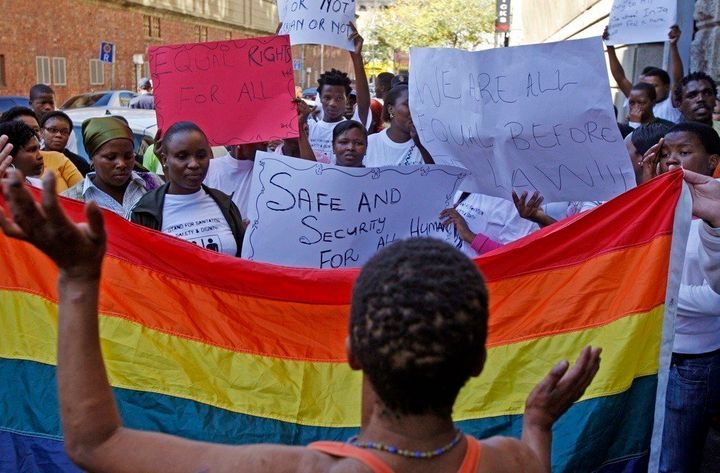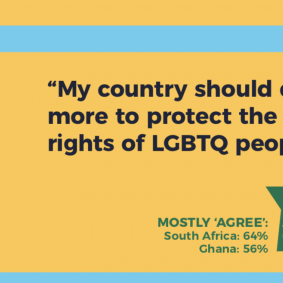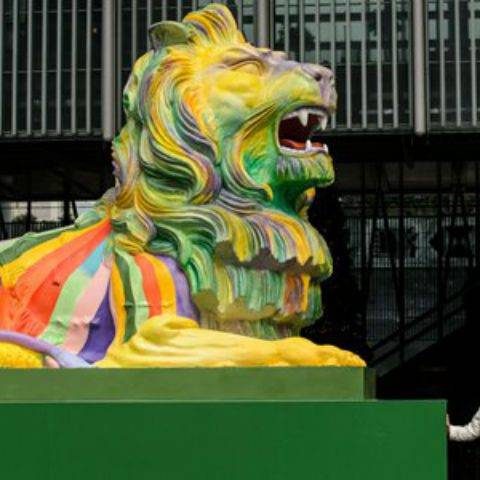 In Zimbabwe, Section 73 of the Criminal Law Act 2006 criminalises all sexual acts between men with a maximum penalty of one-year imprisonment and the possibility of a fine.
In Zimbabwe, Section 73 of the Criminal Law Act 2006 criminalises all sexual acts between men with a maximum penalty of one-year imprisonment and the possibility of a fine.
Other criminal laws are also used to directly or indirectly police expressions of non-normative sexual orientation and gender identity. These laws relate to ‘criminal nuisance’, ‘indecent acts’, and the publication and dissemination of so-called ‘undesirable’ journals.
A 2020 civil society shadow report to the UN Human Rights Committee noted that authorities often harass LGBTQI+ persons because of indecency and public order offences. In 2021, as part of the Universal Periodic Review, stakeholder submissions stressed the impacts of discriminatory laws on LGBTQI people in Zimbabwe. Existing rules can be used to persecute trans and non-binary persons, and arrests under laws against same-sex activity or gender nonconformity have been documented in the past years.
The legal frameworks influence public opinion, as evidenced by high discriminatory attitudes. In Zimbabwe, public attitudes towards sexual and gender diversity have mostly been negative, sometimes fuelled by political rhetoric and politicians’ statements. Senior figures in the government, particularly former President Robert Mugabe, used anti-LGBTQI+ rhetoric in public addresses.
For example, in September 2015, Mugabe declared to the UN General Assembly: “We equally reject attempts to prescribe ‘new rights that are contrary to our values, norms, traditions, and beliefs. We are not gays”.
Moreover, the mere persistence of legal frameworks that cast specific sexual and gender identities and expressions as unlawful perpetuates the conditions in which all the dimensions of social exclusion persist.
In recent surveys, 51% of respondents did not think it was likely at all that an LGBTQI+ person could be in public spaces without fear of discrimination or violence, and more than half (58%) thought it was not likely at all that an LGBTQI person could express themselves in public without prejudice. LGBTQI+ persons in Zimbabwe particularly emphasised the following forms of societal and economic exclusions: lack of recognition of LGBTQI+ marriages; absence of family and community support; no toilets for gender non-conforming people; victimisation in bars and night clubs; hate speech; bullying and harassment; limited information on sexual and gender diversity in schools; and negative media representations. Restrictive gender roles and patriarchal norms were also stressed, and the normalisation of exclusion causes internalised stigma.
In an LGBTQI+ Risk and Vulnerability Survey conducted in Zimbabwe in 2021, 85% of participants had been stigmatised, 56% had been harassed, and 35% had experienced violence. In addition, LGBTQI+ persons face poor employment opportunities, poor access to loans, denied access to employment, risks of confiscation of property and difficulties in running private businesses for the stigma and societal prejudice.


